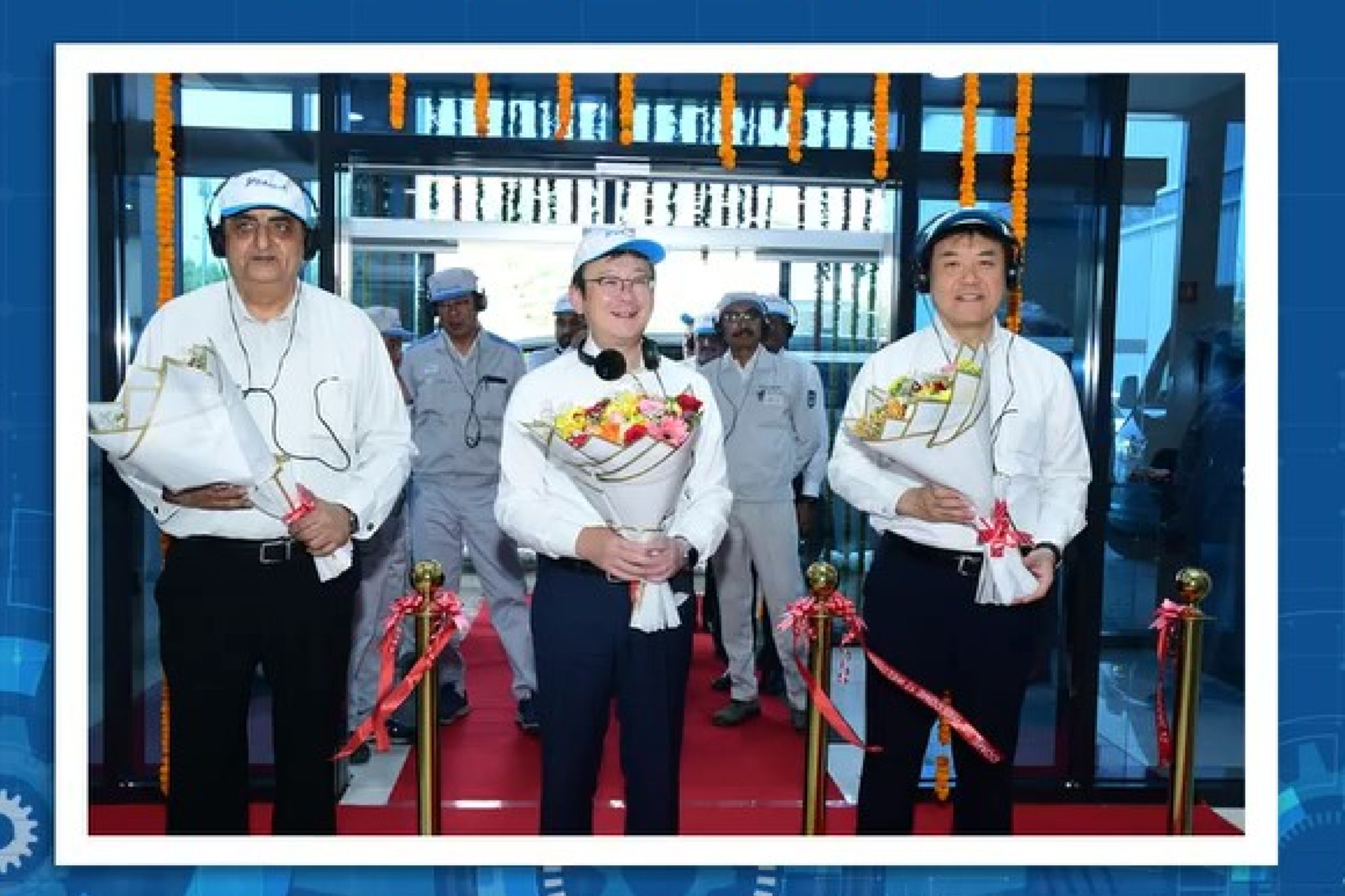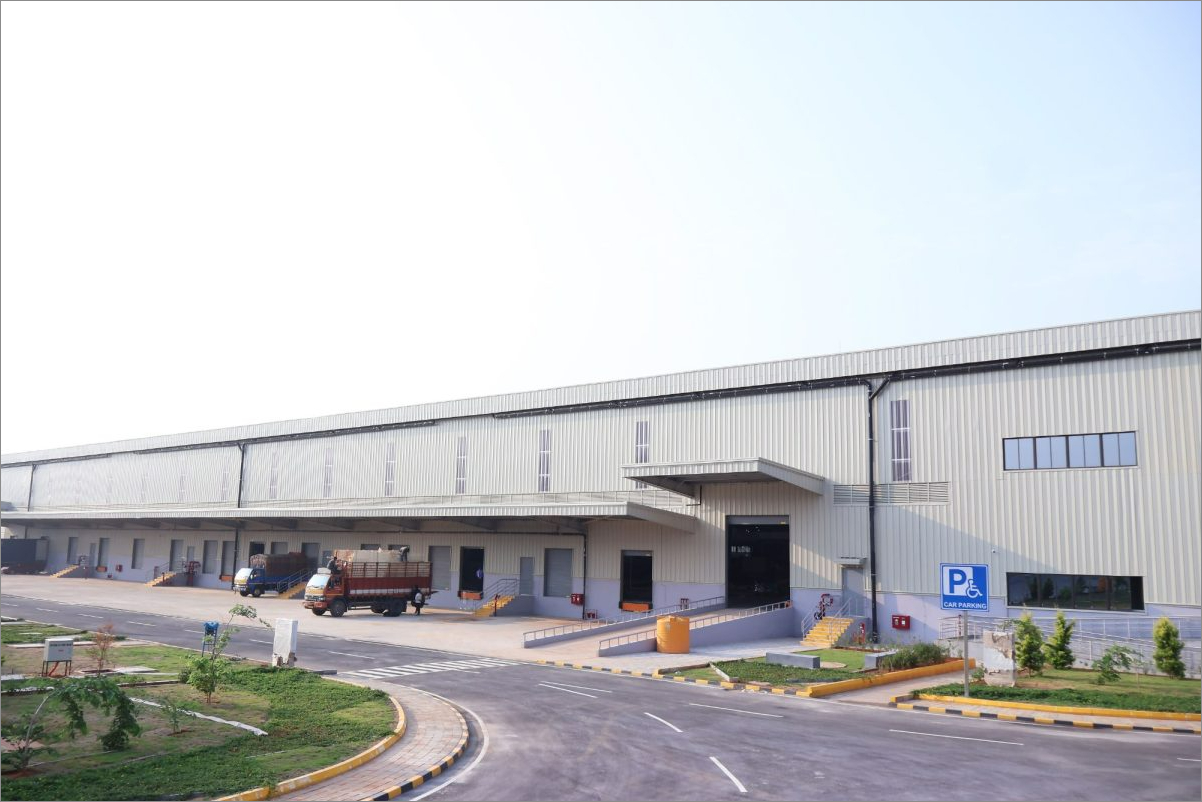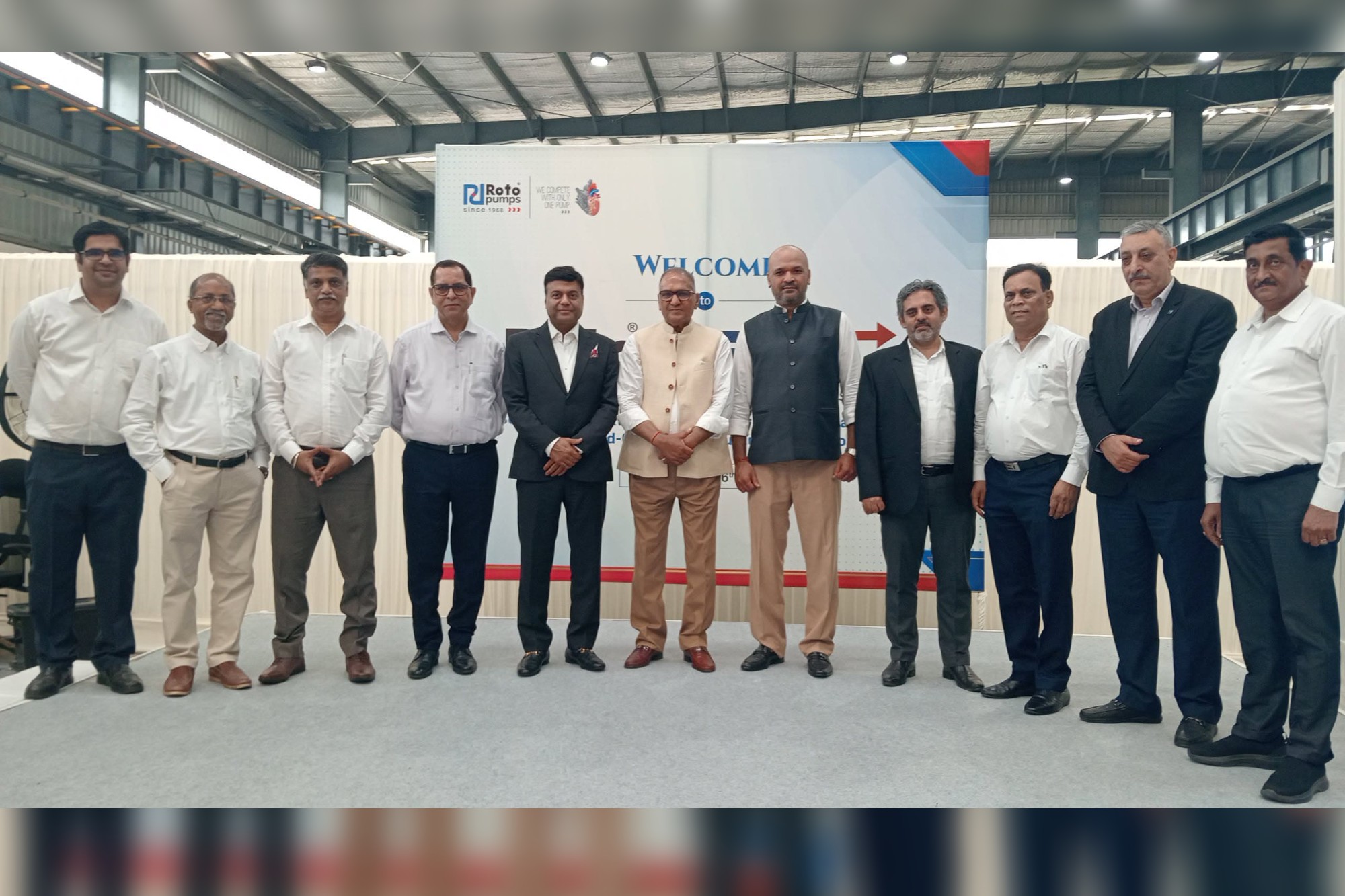Challenges for SMEs in the Manufacturing Sector
By admin July 15, 2010 5:21 am IST
“International trade is no longer just the realm of multinational companies. Millions of SMEs around the World have gained visibility in the global marketplace through e-commerce. With more multi-national corporations looking at India as one of the major manufacturing hubs, now is the time for Indian suppliers to proactively market their products beyond India,” shares Brian Wong, Senior Director, Global Sales of Alibaba.com
With international buyers encouraged to source more products from other low-cost manufacturing countries, India is no longer merely the World’s ‘back office’ but is transforming into a global manufacturing hub, lucrative domestic market and a major exporter.
SMEs have always played a crucial role in the economic development of India and will continue to be an integral part of the country’s economy. The SME sector constitutes a crucial fraction of the Indian economy because it contributes significantly to the country’s industrial production, exports, employment and entrepreneurial base. The SME sector has been consistently contributing 45% to India’s total manufacturing output and 6% to the GDP over the last 5 years.
Moreover, there is no denying that the SME sector provides an ideal platform for growth and development of the entrepreneurial character of an economy. But how can an Indian SME forge into the global marketplace given their limited resources?
A lack of financial resources continues to be a hindrance in their development and sustenance. Unlike large enterprises, SMEs do not have a dedicated platform to raise funds from the capital markets. To further compound this, banks and other financial bodies are usually cautious while lending funds to start-ups. Without sufficient financial muscle, SMEs are restricted in their opportunities to set-up advanced manufacturing units, install the latest equipment or hire talent, thus, limiting their growth.
Being strapped for financial resources puts an additional strain on SMEs to control their variable costs. In the manufacturing sector especially, with a rise in costs of global commodities and inflation in the domestic economy, raw material costs spiral out of control. Also, managing the costs of day-to-day operations combined with the high marketing costs to make their products competitive put a strain on their profit margins.
Cookie Consent
We use cookies to personalize your experience. By continuing to visit this website you agree to our Terms & Conditions, Privacy Policy and Cookie Policy.


















